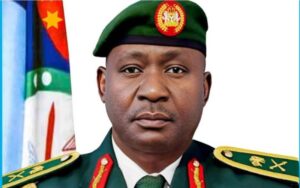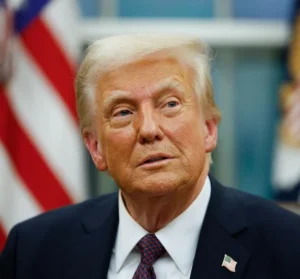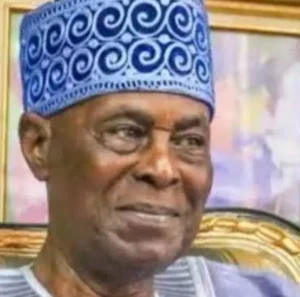
Rotimi Amaechi, minister of transportation, has blamed the political elite for Nigeria’s security challenges.
He stated this while delivering the 34th convocation lecture of the University of Calabar, titled ‘Beyond our Imperfect Union: The National Question and Nigeria’s Future’
Amaechi said the political elite ignored persons in the lower class, which led them into criminal activities.
“We must not fail to recognise the responsibility of our elite in creating the problem of insecurity that we are facing today. In many parts of the country, the political elite failed in their responsibility to educate the majority of children of the lower classes. These children who were denied the right to education and a better life have grown up to find themselves with no other choice than to enroll in criminal undertakings such as banditry and terrorism,” he said.
“Politics has become weaponised in the sense that desperate political actors now patronise armed gangs of criminal thugs for political purposes. Hate as an instrument of political mobilisation has been enhanced by the emergence of the social media as a force of public opinion and information deployment. Taken together, these pressures and developments have tasked the security of the state almost to breaking point.
“In times of desperate social and economic challenges, identity politics resurfaces in ferocious ways. This is why we now have these calls for restructuring backed by increasingly militant regional and ethnic nationalism. The rhetoric of anger usually drips of hate and divisiveness. The politics of desperation plays up ethnic, regional, religious and other primordial instincts to advance its cause. This, in my view, is the background to the current wave of insecurity, hate rhetoric and divisive politicking in the nation.”
The minister also noted that it is unfair to blame the prevalent poverty on the President Muhammadu Buhari-led administration, as the situation dates back to the beginning of civilian governance in Nigeria.
“For the avoidance of doubt, let me state that the desperate poverty that we have today has its roots in dispensations that came before the Buhari administration. Specifically, our epidemic of mass poverty dates back to the return of civil rule in our country. It is unfair to heap the responsibility for the prevalence of poverty and inequality on this or any one administration in the history of the country,” he said.
“I have a personal conviction that of all the challenges facing our nation’s actualisation, none is more urgent than the scourge of increasing poverty and the threat of massive inequality. We must attack and conquer inequality and extreme poverty or the poor will overrun Nigeria.
“Let us take the threat of mass poverty seriously and elevate inequality to the status of a perennial national emergency in the years ahead. Nearly all the troubles that confront us as a nation can be traced to either direct poverty or the fear that the ogre of poverty could rise one day to devour the fortunes of the rich and prosperous.”
He added that Nigeria’s quest for economic freedom and efficient security can only be achieved when the country remains united.
“I believe that the destiny of Nigeria can only be best actualised in the context of one indivisible and united nation. What is required is for us to continue to work towards a nation in which the doors of opportunity are open to all our citizens irrespective of ethnicity, creed, class or circumstance,” Amaechi said.











